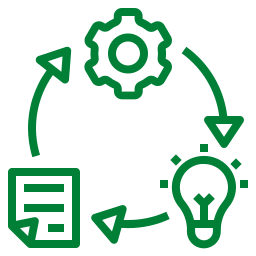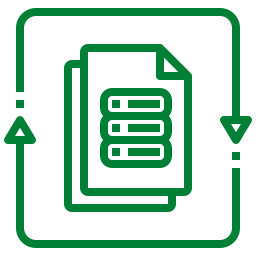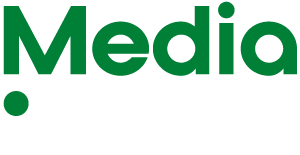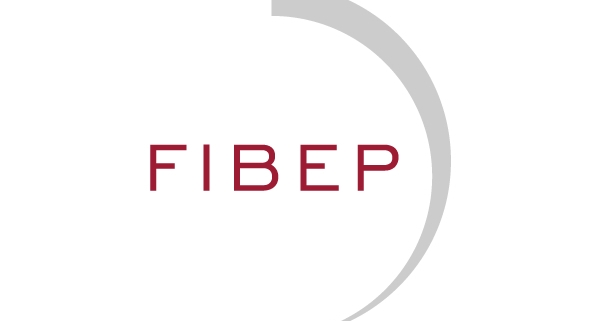4 min. read
In today’s fast-paced digital landscape, managing media content efficiently is more crucial than ever. The proliferation of various media formats and platforms necessitates robust solutions for content conversion and data structuring.
Media:Track stands out as a leader in this domain, offering comprehensive tools to help organizations streamline their media management processes.
Why Media Content Conversion is Essential
The demand for media content conversion stems from several critical needs:
01
Preservation and Accessibility
Converting physical and analogue media into digital formats ensures long-term preservation and easy access. This is particularly important for historical records, legal documents, and rare publications.
02
Enhanced Data Usability
Digital text files allow for efficient data analysis, searchability, and integration into various business systems. This transformation facilitates improved decision-making and operational efficiency.
03
Regulatory Compliance
Many industries are subject to regulations requiring digital records for compliance and audit purposes. Conversion services help meet these legal requirements.
04
Cost and Space Savings
Storing digital files is significantly less costly and space-intensive than maintaining physical archives, leading to substantial savings.
Who Benefits from Media Content Conversion
The demand for media content conversion stems from several critical needs:
A wide range of industries and organizations benefit from media content conversion services, including:
Publishing Firms
Newspapers, magazines, and e-book publishers use conversion services to digitize content, making it more accessible and easier to distribute.


Legal and Financial Institutions
Law firms and banks convert contracts, financial records, and other critical documents to ensure they are secure, searchable, and compliant with regulations.
Libraries and Archives
These institutions digitize their collections to preserve valuable materials and make them accessible to a broader audience.


Healthcare Providers
Hospitals and clinics convert patient records and other documentation to improve data management and comply with health regulations.
Corporate Enterprises
Businesses across various sectors digitize documents to enhance internal processes, data security, and operational efficiency.

Trends in Media Content Management
1. AI-Driven Content Conversion:
Artificial intelligence is revolutionizing content management by automating the conversion process. AI tools can transcribe audio to text, convert video formats, and even enhance image resolution with minimal human intervention. This not only speeds up the workflow but also ensures higher accuracy and consistency in content quality (Deloitte United States).
2. Integration with Social Media Platforms:
Social media continues to shape media consumption habits, with platforms like TikTok, Instagram, and YouTube influencing content discovery and engagement. Media management tools must therefore support seamless integration with these platforms to ensure that content is optimized for social media SEO and easily discoverable by users (LYFE Marketing) (WordStream).
3. Advanced Analytics and Personalization:
Data analytics and AI-driven insights are becoming indispensable for media management. These technologies enable the analysis of user behavior and preferences, allowing for personalized content recommendations and targeted marketing. This trend not only enhances user engagement but also maximizes the ROI on media investments (WordStream) (Deloitte United States).
4. Enhanced Collaboration and Remote Work Capabilities:
With the rise of remote work, collaborative tools that facilitate real-time editing and sharing of media content have become essential. Media:Track offers solutions that allow teams to work together efficiently from different locations, ensuring that projects progress smoothly without geographic constraints.
How Media:Track Facilitates Media Management with MT:Print
Media:Track’s innovative product, MT Print, harnesses cutting-edge AI-driven technology to convert newspapers, magazines, e-books, contracts, and even difficult-to-access analogue data into high-quality text files. MT Print offers a comprehensive suite of features designed to optimize media content management:


Streamlines Content Conversion
MT Print automates the conversion of various media formats into accessible digital files. This automation enhances workflow efficiency and accuracy, significantly reducing the time and effort required for manual data entry and conversion processes.

Enhances Data Integration
MT Print ensures that converted digital files can be easily integrated into existing business systems. This seamless integration improves data usability and accessibility, enabling organizations to better manage and utilize their information resources.

Supports Compliance and Security
MT Print provides secure digital solutions that help organizations meet regulatory requirements and protect sensitive information. By ensuring that digital records are compliant with industry standards, MT Print helps mitigate risks associated with data breaches and non-compliance.

Facilitates Remote Collaboration
MT Print offers tools that enable teams to collaborate effectively from different locations. These tools support real-time editing and sharing of media content, maintaining productivity and project momentum regardless of geographic constraints.
Alternatively for audio-visual content, MT Broadcast effortlessly convert them into searchable text files, allowing you to navigate and analyze complex data. MT:Broadcast offers highly accurate transcripts across multiple languages and dialects using advanced Speech to Text technology, along with ultrafast OCR and sophisticated algorithms to capture comprehensive metadata from text, logos, moods, and themes.
In summary, MT:Print and MT Broadcast optimizes media content management by leveraging advanced technologies to convert and manage diverse media formats, ensuring maximum efficiency, compliance, and collaboration.






